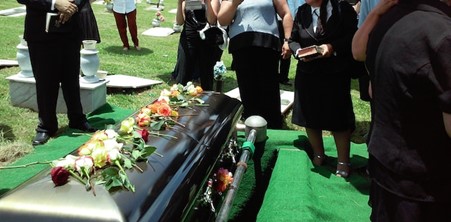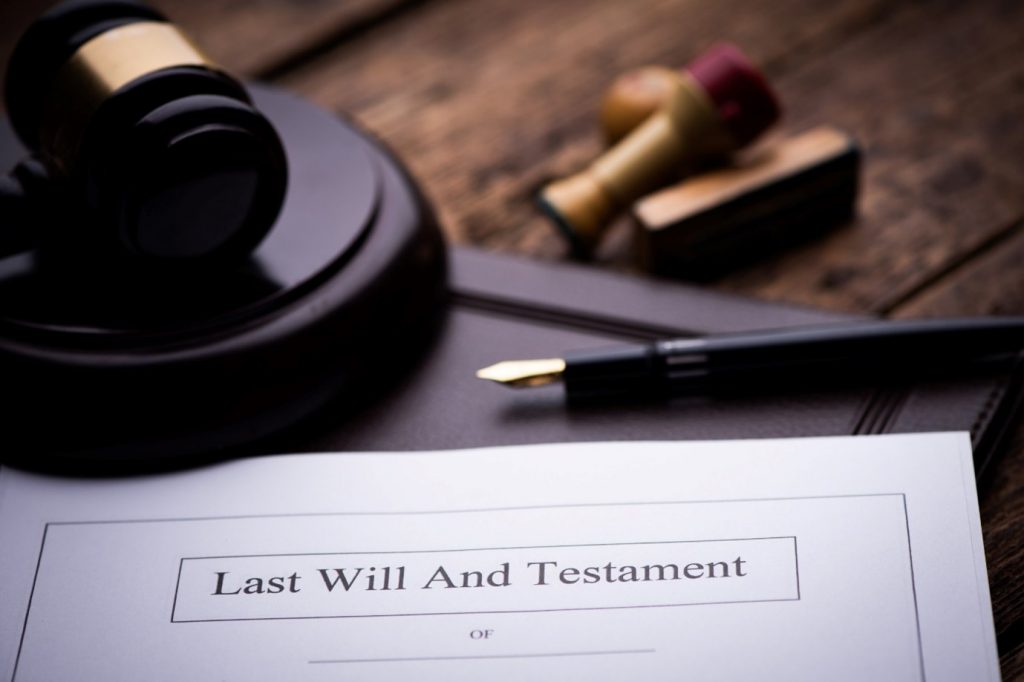Estate disputes often occur when those close to the deceased cannot agree on how to administer the estate, as well as who should do it. Unlike civil disputes, estate litigations are settled by a judge rather than a jury. Thus, in California, such cases require experienced California estate lawyers to help settle the dispute.
Navigating these situations can be tricky, making it crucial for individuals to understand the basics and know where to go for legal help when it is needed.
Common Estate Litigation Disputes
Every estate litigation case is different. However, certain types of disputes tend to occur more often than others, usually enacted by relatives who feel cheated or left out of the will or trust agreement.
Some of the most common estate litigation issues include the following:
- Document defects — Legal deficiencies in wills or trust documents are perhaps the most common estate disputes. Family members can challenge the validity in probate court, leaving the deceased’s wishes behind.
- Fiduciary duty breaches — This relates to how a person has failed to carry out their responsibilities as outlined in the estate plan. The term “fiduciary duty” refers to a person’s responsibility when representing somebody else’s personal interests. In this context (i.e., estate litigation), various individuals have fiduciary duties, including:
- The personal representative (a.k.a. an executor) — The one appointed in a will to oversee estate administration in probate court, including the distribution of assets to stated beneficiaries.
- Healthcare power of attorney — This person is authorized to make medical and end-of-life decisions for the person, should they become incapacitated.
- Trustees — They oversee the trust administration.
- Financial power of attorney — Those with this responsibility are to make monetary decisions on behalf of the person, if they are no longer able to.
- Undue influences — Sometimes people are maliciously coerced into crafting a will or including certain provisions. Those who can prove that this occurred can challenge the validity of the will in probate court.
- Lack of testamentary capacity — If the person lacked the mental capacity to write a valid trust or will, surviving relatives can challenge the document’s validity in probate court. The success rate of such cases is extremely low, owing to the fact that adults are generally always presumed to capable of writing a will.
- Embezzlement — In the case of wills and trusts, embezzlement is the misappropriation of the funds included in the trust or allocated to a named beneficiary.
All such disputes are handled on a state by state basis, as each area carries different laws. Regardless, individuals should always seek legal representation when navigating estate litigations to give themselves the best chance of success.
Seeking Attorneys for Estate Litigations
Any attorney hired for estate litigation cases should be well-versed in the particulars of estate planning and hold the necessary skills and experience to prevail in probate court. Experience is something money can’t buy, and is especially vital for estate-based disputes.
Picking a high-quality attorney means searching for a few key qualities — client compassion, win-filled track record, professionalism, top-class education, excellent communication skills, and fantastic problem-solving capabilities.
Experts encourage citizens to conduct careful and thorough online research (such as on review websites) before choosing their attorney.


